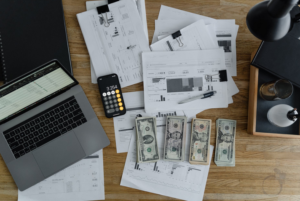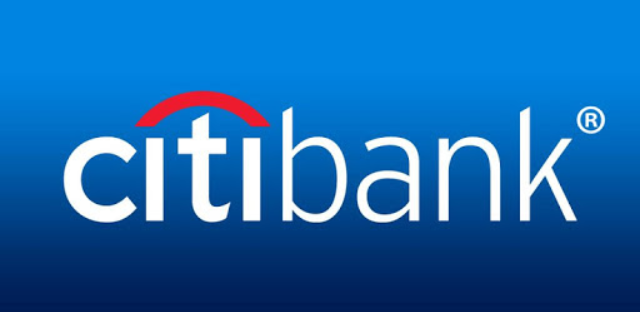
Ultimate Guide to Emergency Loan
When life throws you a curveball, it’s nice to know that there are options. Emergency loans can provide the money you need to cover an unexpected expense until your next paycheck or payday. This article will discuss what emergency loans are and how they work. We’ll also talk about things you should consider before taking out a loan and advise how to avoid becoming overwhelmed by debt!
What Is Emergency Loan?
 Emergency loans are short-term loans that can provide you with the money you need to take care of an unexpected expense. The loan amount typically ranges from $100 to $500, but it may be higher depending on your needs. Emergency loans are designed to help people cover expenses until their next paycheck or payday.
Emergency loans are short-term loans that can provide you with the money you need to take care of an unexpected expense. The loan amount typically ranges from $100 to $500, but it may be higher depending on your needs. Emergency loans are designed to help people cover expenses until their next paycheck or payday.
Emergency loans are typically used for one-time expenses, such as car repairs or medical bills. You can use emergency cash to cover unexpected costs that may arise when you do not have enough money in your checking account.
How Do Emergency Loans Work?
Emergency loans are typically repaid in a lump sum on the borrower’s next payday. The loan amount plus interest and fees are due in full on the date of your next payday. Some lenders may allow you to repay the loan over a more extended time, but this will likely increase the interest you pay on loan.
The borrower is responsible for ensuring they have enough money in their checking account to cover the loan repayment amount when payday comes around. If there isn’t enough money in your bank account, lenders won’t release your funds until they receive payment. So you must plan and make sure you have enough money to cover the loan repayment.
What Are the Pros and Cons of Emergency Loans?
 Emergency loans are outstanding for people who don’t have access to credit or savings to use in case of an emergency. They provide a quick and easy way to borrow small amounts of cash until your next paycheck comes around. Unlike traditional loans, emergency loans don’t require a credit check. So if you have bad credit or no credit at all, you can still qualify for a loan.
Emergency loans are outstanding for people who don’t have access to credit or savings to use in case of an emergency. They provide a quick and easy way to borrow small amounts of cash until your next paycheck comes around. Unlike traditional loans, emergency loans don’t require a credit check. So if you have bad credit or no credit at all, you can still qualify for a loan.
However, there are some drawbacks to consider before taking out an emergency loan. First off, the interest rates and fees associated with these loans can be high. If you don’t repay the loan according to the terms of your contract, you could incur additional costs. Moreover, emergency loans can negatively impact your credit score if they are not repaid on time.
What Are Some Ways to Avoid Getting Overwhelmed by Debt?
Emergency cash advances should be used as a short-term solution for unexpected expenses until payday comes around; they should not be used as a way to get out of debt. If you’re struggling with debt, there are some things you can do to avoid getting overwhelmed, such as creating a budget and sticking to it, and considering enrolling in a debt management program.…







